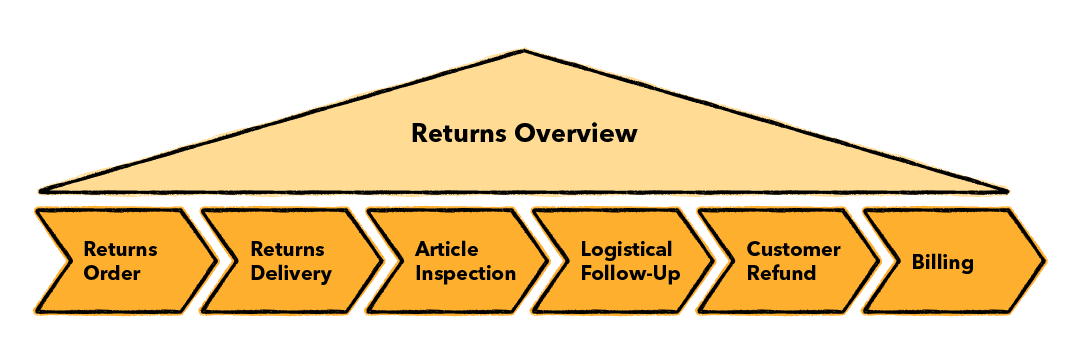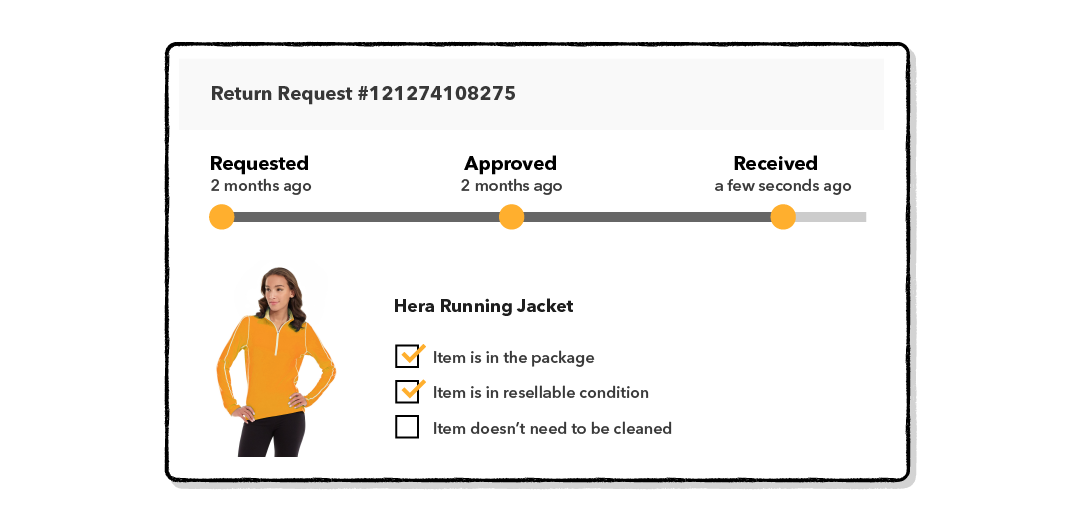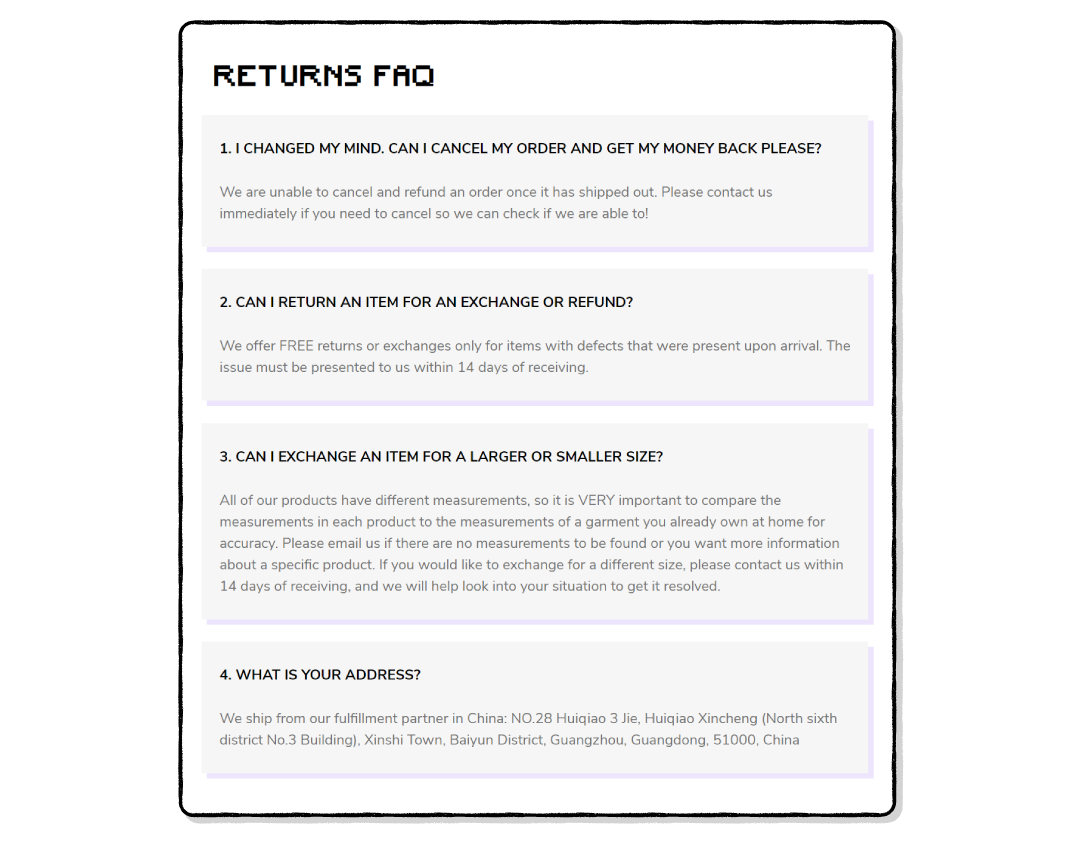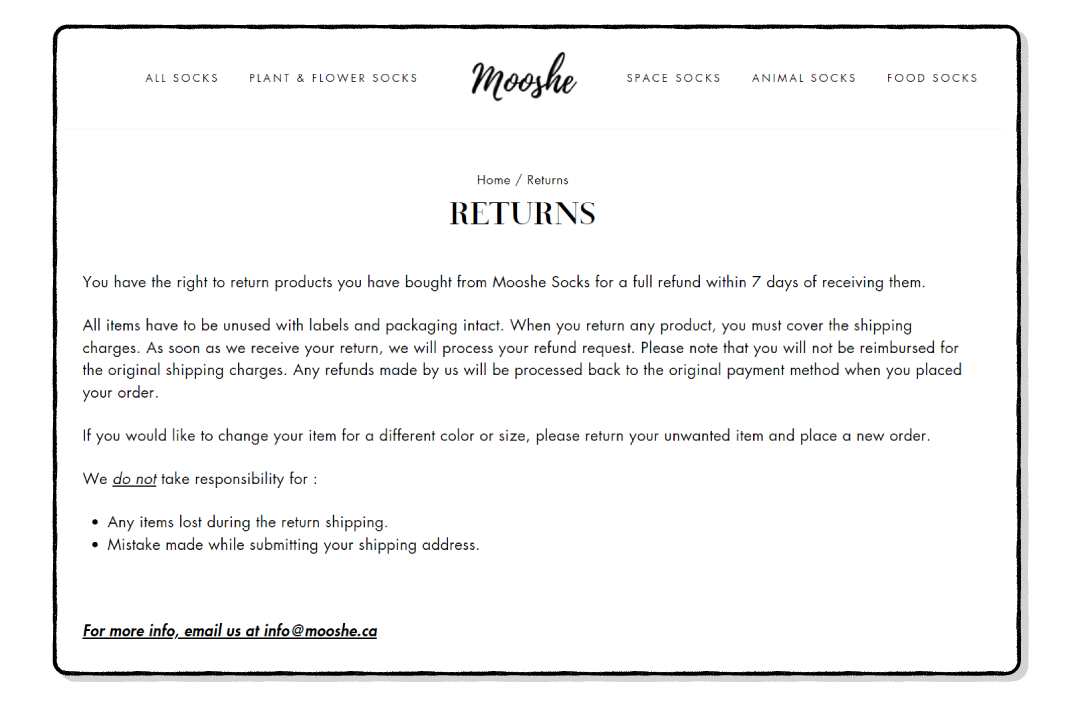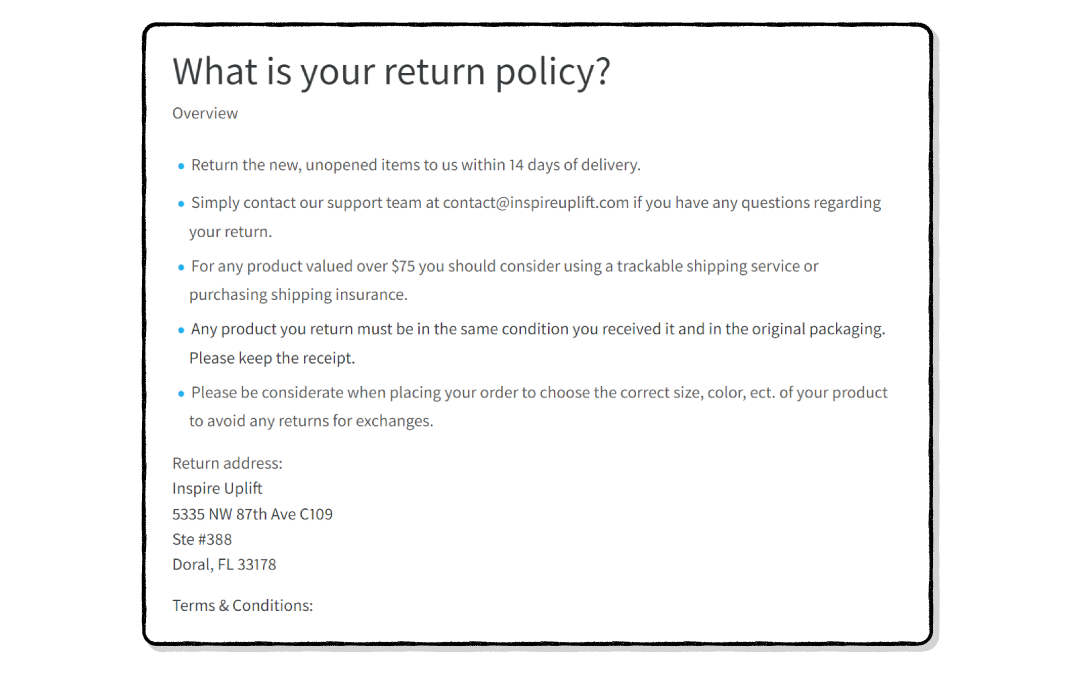How is Your Dropshipping Business Affected By Returns?
Launching and expanding an eCommerce business takes effort, especially if you have little financial resources. With dropshipping, not having to worry about delivery is really helpful because it frees up your time— precious time that you can redirect towards focusing on your marketing strategy, customer service, and overall business operations.
When you’re dropshipping, one of your first concerns may be how you’ll deal with returns. It’s natural to be concerned about this. After all, if you’re not handling or shipping any of your items yourself, the idea of accepting returns for them might seem scary.
From the moment a customer requests a return, you have to consider the supplier’s policy, any return shipping fees, whether or not you can afford to provide free returns and refunds, weigh in any other options such as store credit.
Fortunately, by implementing automation software for your returns, such as WeSupply, you will be able to better manage customer relationships while making the most out of returns and reducing costs as much as possible.
Restocking fees
To ask for restocking fees or not— that is the question. Depending on your supplier’s policy, your agreement with them, available resources, and so on, you could be asking customers to also pay restocking costs for the returned products. If your supplier requires you to reimburse the restocking fee, you could also pay that upfront from your pocket.
Defective items
Customers may need they need to return products, specifically, items that are defective. In this case, it is necessary to provide those customers with returns as effectively as possible. As a dropshipping business, you need to have reliable suppliers that accept returns, but you also need to keep an eye on your return requests to avoid potential return abuse and fraud. Make sure you automate returns using well-established rules and logics to steer clear of unpleasant situations, and manually check returns that look suspicious. Better safe than sorry!
Even big retailers have to deal with defective items, as you can see below, so there’s no need to be ashamed. What matters the most is to deal with them in a productive manner.







